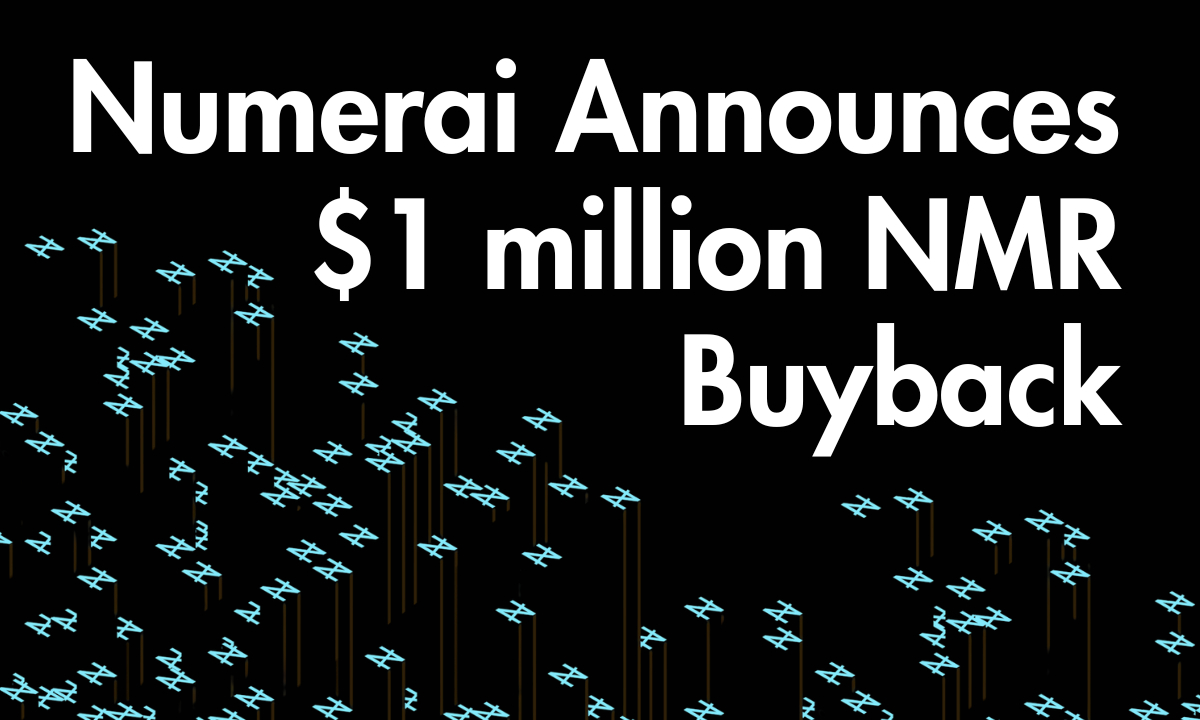Crypto invoicing refers to the process of generating detailed bills and invoices for products or services using cryptocurrency. In simple terms, it allows businesses and individuals to send and receive payment requests in cryptocurrency rather than traditional fiat currency.
The popularity of cryptocurrencies has been growing rapidly, with more people owning and using various digital tokens. As a result, businesses and individuals are exploring the idea of accepting cryptocurrencies as a legitimate form of payment. However, using crypto as a payment method comes with its own set of challenges, especially in terms of user-friendliness and administrative tasks.
Unlike traditional payment methods where one can easily use payment gateways or point-of-sale systems, crypto payments require users to copy long hexadecimal strings known as wallet addresses. This can be confusing and time-consuming, especially for individuals who are not familiar with cryptocurrency wallets and transactions. Additionally, documenting transaction details for bookkeeping and tax purposes is more complicated compared to traditional invoices, making accounting and tax compliance challenging.
To overcome these hurdles and promote wider acceptance of cryptocurrencies as a payment method, crypto invoicing tools have emerged. These tools allow businesses to create, manage, track, and review crypto payments requested by their customers. The process starts with generating an invoice using a pre-designed template that can be customized with relevant information such as product or service details, payment amounts, and due dates. The generated invoice can then be shared with customers via email, social media, or text message.
When the recipient receives the invoice, they can view the itemized bill and the requested amount. The invoicing tool automatically scans the blockchain explorer and notifies both parties when the payment has been made to the sender’s digital wallet. This ensures transparency and helps streamline the payment process.
What is The Growing Market for Crypto Invoicing?
Cryptocurrencies have been steadily gaining traction in the global payments market. Major payment companies such as Paypal, Venmo, Visa, and Mastercard have partnered with crypto businesses to enable users to utilize their digital assets for purchases at millions of retail stores worldwide. According to data from Request Finance, nearly half of the $150 million worth of crypto invoices were paid using stablecoins like DAI or USDT.
The acceptance of cryptocurrencies extends beyond digital platforms and online stores. Even mainstream businesses like McDonald’s, Starbucks, AMC, Pizza Hut, and others have started embracing crypto payments. In addition to businesses, individuals such as freelancers, professionals, sports personalities, artists, and politicians are also considering accepting crypto payments.
The adoption of cryptocurrencies by countries is also noteworthy. El Salvador, for instance, has accepted Bitcoin (BTC) as legal tender, making it the first country in the world to do so. Many other countries are exploring the use of stablecoins or central bank digital currencies (CBDCs) as well.
Incorporating crypto invoicing into your accounts department can bring numerous benefits:
-
Quick and easy generation of invoices: Crypto invoicing tools streamline the invoice creation process, saving time and effort.
-
Full customization of invoices according to your brand standards: These tools provide customizable templates, allowing businesses to maintain their brand identity throughout the invoicing process.
-
Elimination of human error in payment processing: With crypto invoicing, there is no need to manually enter payment details, reducing the risk of errors.
-
Fast, secure, and cost-effective payment processing thanks to blockchain technology: Cryptocurrency transactions are processed quickly and securely on decentralized blockchain networks, ensuring efficient payment processing.
-
Efficient management, review, and tracking of all invoices: Crypto invoicing tools provide centralized platforms where businesses can easily manage and keep track of all their invoices.
-
Increased business opportunities as customers prefer crypto payments: By accepting cryptocurrencies as a form of payment, businesses can attract customers who prefer using digital assets for transactions.
As the cryptocurrency market continues to evolve and gain mainstream acceptance, crypto invoicing is becoming increasingly important. It simplifies the payment process, enhances transparency, and provides businesses with a competitive edge in an evolving financial landscape.
About the Author:
Christophe Lassuyt, the CEO & Co-Founder of Request Labs and Request Finance, has a vast background in banking, finance, and blockchain technology. As an alumnus of YCombinator (W17), he brings extensive experience and knowledge to the field. Christophe holds a Bachelor’s degree from the University of Mannheim and a Master’s degree in Finance from the NEOMA Business School. He has held prominent roles in leading organizations across Europe and has co-founded a remittance service platform called Moneytis. Additionally, Christophe has served as the Chief Financial Officer for several companies, including Virtua SA and Eurenka.
Connect with Christophe on LinkedIn.















